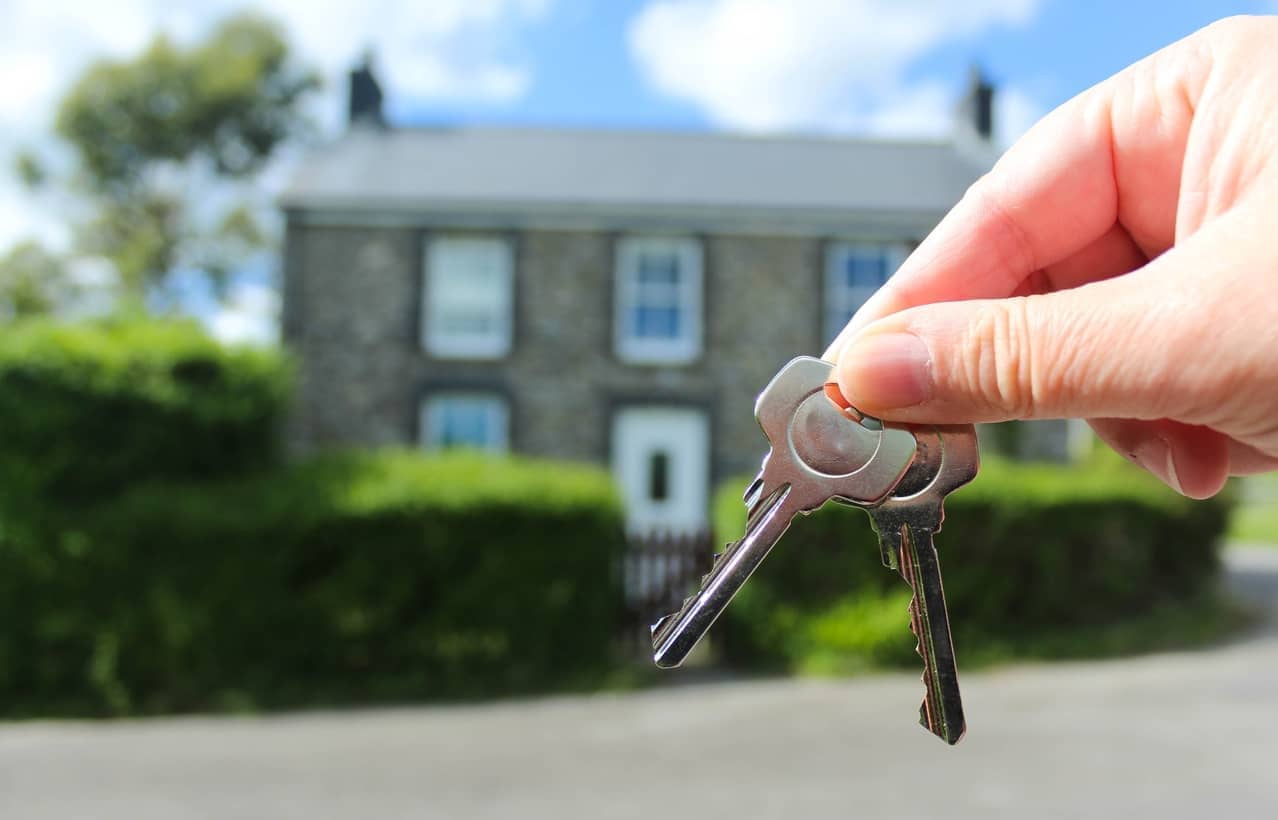The heart breaking story of the Luton vicar who had his house recently ‘stolen’ from him by fraudsters has rightly touched a nerve with property owners everywhere. The horror of arriving at your own home to find your keys no longer work in the lock and the house now legally belongs to someone else might seem like a rare experience.
But unfortunately it’s more common than anyone might imagine. Indeed the first time I can remember it happening was in the early 80s and involved a house in one of the most expensive streets in London and a foreign Princess. The major problem with investigating, let alone reporting, this sort of fraud is that victims and their advisors, be they estate agents or solicitors, are loathe to ‘fess up. It’s bad for business and embarrassing to boot.
There have been plenty of high-profile victims, for example Max Hastings’ wife managed to hold on to her property when an on the ball solicitor forewarned her what was going on back in 2015. Sadly, it was too late for the duped buyer who’d seen their money diverted by a simple email ruse to an overseas bank – never to be seen again. If your solicitor changes their email address just before you’re about to send money over, ring them and check – in 40 years of handling sales I’ve not once known a solicitor change their email.
These frauds are mostly perpetrated on unmortgaged property – clearly if there’s a charge any mortgagor will contact their customer first. Given that a third of UK properties are owned mortgage free that’s a huge target audience. Fraudsters prefer empty properties or those that are let out. Tenants may assume the identity of the owner, garner documents in the owner’s name and even use final bills sent to the owner after they’ve left to help in the process. To make the process even faster the target property will often be under priced. As usual, if something looks too good to be true, it usually is.
But the truth is that property fraud of this kind is preventable. A simple property alert, available on the Land Registry website, means you’ll always be alerted if anyone tries to alter anything on your Title. I tweeted this remedy out a couple of days ago and have had 35,000 engagements and many notes of thanks and confirmation of setting up alerts since. If you’re reading this, please go and do it now, it’ll take all of two minutes.







Comments